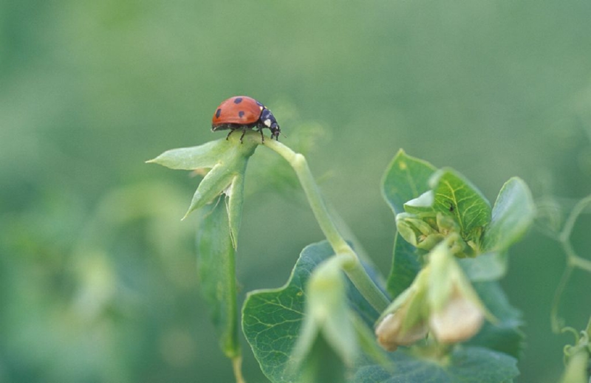Unit 3 – Sustainable cooking
In this unit you will learn:
- what sustainable food means
- more detailed information about: Organic, regional and seasonal, fair trade food and sustainable fish
- strategies to keep the costs in its limits
Introduction into the topic:
There is no universally accepted definition of sustainable food but it is generally recognized that it should - in the ways that it is produced, processed, transported, prepared and disposed of - minimize negative and maximize positive health, social, economic and environmental impacts. Fundamentally, sustainable food should reflect the basic tenets of sustainable development, namely to meet the needs of the current generation without compromising the ability of future generations to meet their own needs.
Since the food system is so complex, sustainable food necessarily incorporates a lot of different issues. Fresh, seasonal, local, organic and fair trade are certainly parts of what could be seen to constitute sustainable food, but there are many other issues that also need to be considered such as healthy diets, animal welfare, water and energy efficiency and waste reduction. In fact, the list of sustainable food issues is also limitless and ultimately the definition of sustainable food must be left up to the individual interpretation. In this module, we look at some issues more in detail and give hints on how to cope with the question how extra costs form sustainable consumption can be minimized by smart procurement strategies.




